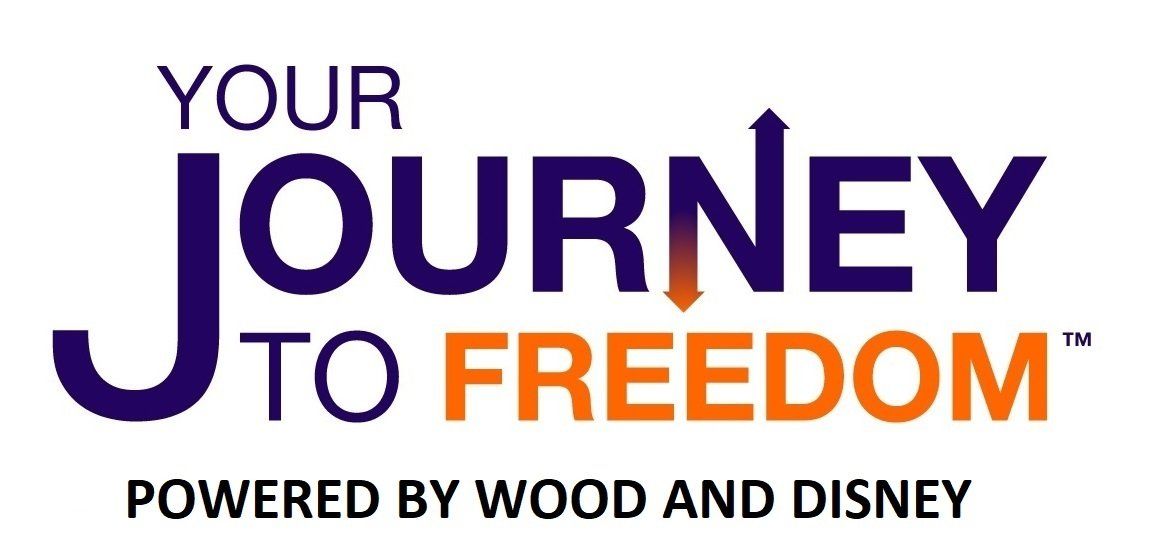What's in it for me?
“What’s in it for me?” is a marketing concept which essentially describes what your prospect considers before buying your product or service.
I probably heard this first in the late 1980’s from a client who was in marketing, and it has always stayed with me because in helping me design my first brochure he made me consider words such as approachable and jargon free rather than just tax returns and accounts preparation. In other words, I needed to explain the benefits of my service to the reader rather than the features of what I did.
Is it now redundant as a concept given that everyone wants to be seen as caring and considerate to others? Or is it more relevant given the greater consideration of protecting one’s mental health?
Being a bit cynical I see giant corporations trying to convince us that they are caring and are thinking about us rather than themselves. They talk about their Corporate and Social Responsibility and then continue to pollute the planet or make thousands redundant without any further concern. On the other hand, we also hear positive stories (if the media let us) about individuals who genuinely think of others before themselves so presumably do not consider WIIFM.
Unfortunately, this makes WIIFM sound like a very negative trait. But being realistic WIIFM is a simply a longstanding human emotion. It’s probably an inherent caveman notion of protecting oneself from danger, acquiring food and clothing to help us live longer, give us a better chance of finding a mate etc etc. Perhaps nothing has changed at all other than the assets we feel we need to have to support those same goals in the modern world.
One major change today is that we are hearing more and more about protecting our own mental health and our need to consider our own wellbeing first. This is absolutely right we should be more aware of our mental health but it does mean that we are being encouraged to always consider “WIIFM” first before anything else despite the fact that in reality helping others makes us feel good and improves our mental health. In fact being busy helping others gives us no time to stress over our own problems (at least temporarily).
Thinking about time brings me to the consideration of the costs we need to consider when thinking about WIIFM because it’s never just money. It could be time, energy, feelings, values and beliefs. What’s in it for me if I commit to spending x amount of time on something? How much energy will I expend in a pursuit of something? If I go for that run, I know I will be tired. What emotional impact will it have? Will it have a positive impact on me or a negative one? Will I feel invigorated or exhausted? Will I feel proud or disappointed? Those who help others are definitely considering WIIFM because they recognize the positive emotional charge they receive.
And sorry for being a typical accountant but we also need to consider the “opportunity cost”? For every pound spent this is money that could have been spent on something else. For every hour spent that’s an hour which could have been spent elsewhere. And where do you direct your energies? It’s all about making a choice, considering your options and making a decision as to where you should “spend” your limited resources. The older we get the more we realise how limited our resources are. WIIFM helps us spend wisely.
Perhaps we can conclude that WIIFM is a natural trait and in fact a very good one.
So finally let’s go back to marketing which is where we started. If all you talk about are features no one is interested. Take accountants as an example. All accountants look the same don’t they. They just prepare accounts and do tax returns. Therefore, the only differentiator must be price, isn’t it? Well actually even the process of preparing accounts and tax returns can be different. Some accountants take the time to “think” about you and your business and question your figures and others just blindly accept them with the obvious cost difference because they are spending less time. WIIFM to have an accountant who thinks about me and questions my figures? Would you prefer to sleep better at night knowing that if HMRC launches an investigation they will find less errors? That you will neither overpay nor underpay tax. That when you come to sell your business the due diligence will not uncover any issues that will allow the purchaser to demand a price reduction and destroy your plans for a comfortable retirement.
Be proud to consider “What’s in it for me” for every element of your life and use it to ask lots and lots of questions until you are certain you are getting exactly what you want.


